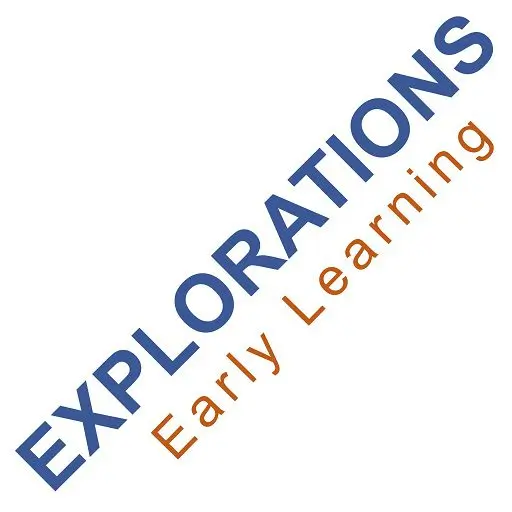
Description
While research is clear on the value of children taking reasonable risks as they play and explore the world, many adults need to be more comfortable with such play and exploration. This session offers adults a chance to gain a deeper understanding of risky play’s value, reflect on their feelings about such play, and see how risk-taking supports learning.
Outcomes / Goals
Attendees will:
- Reflect on their feelings and experiences with risky play
- Understand what children learn from risk-taking
- Become familiar with types of risky play
Competency Area
- Alabama | Learning Experiences And Enrichment / Child Development
- Illinois | Curriculum Or Program Design
- Michigan | Teaching And Learning
- Missouri | Use A Broad Repertoire Of Teaching Skills And Strategies For Learning
- Nebraska | Planning Learning Experiences And Curriculum
- Oklahoma | Learning Environments And Curriculum
- South Dakota | Learning Environments
- Wisconsin | Learning Experiences, Strategies, And Curriculum
- CDA | Advancing Children’s Physical And Intellectual Development
Clock Hours
Available in 60 and 90-minute formats
Agenda
This is the breakdown for the 60-minute version of the session:
| Topic | Time | Activity |
|---|---|---|
| Introduction | 05 minutes | Monologue |
| Types Of Risky Play | 20 minutes | Discussion |
| Risky Play Reflection | 20 minutes | Discussion |
| Risky Play Learning | 10 minutes | Discussion |
| Conclusion | 05 minutes | Monologue |
Related Resources
This session is based in part on content from my books:
- Let Them Play
- Let’s Play
- Let’s All Play
Content Level
Beginner / Beginner / Intermediate
Age Group Focus
- Toddlers (12 months to 36 months)
- Preschool (36 months to 5 years)
- School Age (5 years to 12 years)
- Adults
Target Audience
- Family Child Care Providers
- Child Care Center Teachers
- Child Care Center Directors
- Head Start Teachers
- Head Start Administrators
- Early Head Start Teachers
- Service Coordination Staff
- Technical Assistance Specialists
- Home Visitors
- Parents
